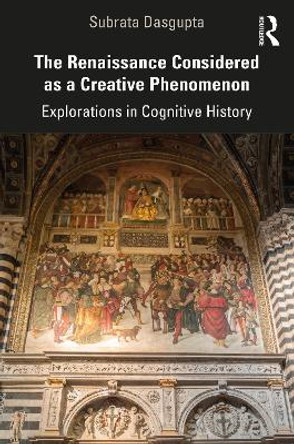Creativity is a topic that has traditionally interested psychologists, historians and biographers. Developments in cognitive science and artificial intelligence have provided a powerful computational framework in which creativity can be studied and the creative process can be described and explained. In this book, creativity in technology is discussed using such a computational approach. Using an important historical episode in computer technology as a case study, namely the invention of microprogramming by Maurice Wilkes in 1951, the author presents a plausible explanation of the process by which Wilkes may have arrived at his invention. Based on this case study, the author has also proposed some very general hypotheses concerning creativity that appear to corroborate the findings of some psychologists and historians and then suggests that creative thinking is not significantly different in nature from everyday thinking and reasoning.
This book is about creativity and the nature of the creative process in technological invention.Reviews"Dasgupta offers an interesting and successful attempt to begin the work of understanding the creative process in the mind....His enthusiasm for the subject is obvious and infectious." Choice
Book InformationISBN 9780521430685
Author Subrata DasguptaFormat Hardback
Page Count 272
Imprint Cambridge University PressPublisher Cambridge University Press
Weight(grams) 514g
Dimensions(mm) 236mm * 158mm * 24mm








